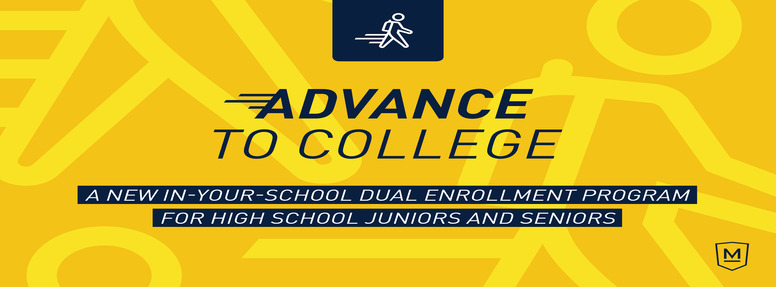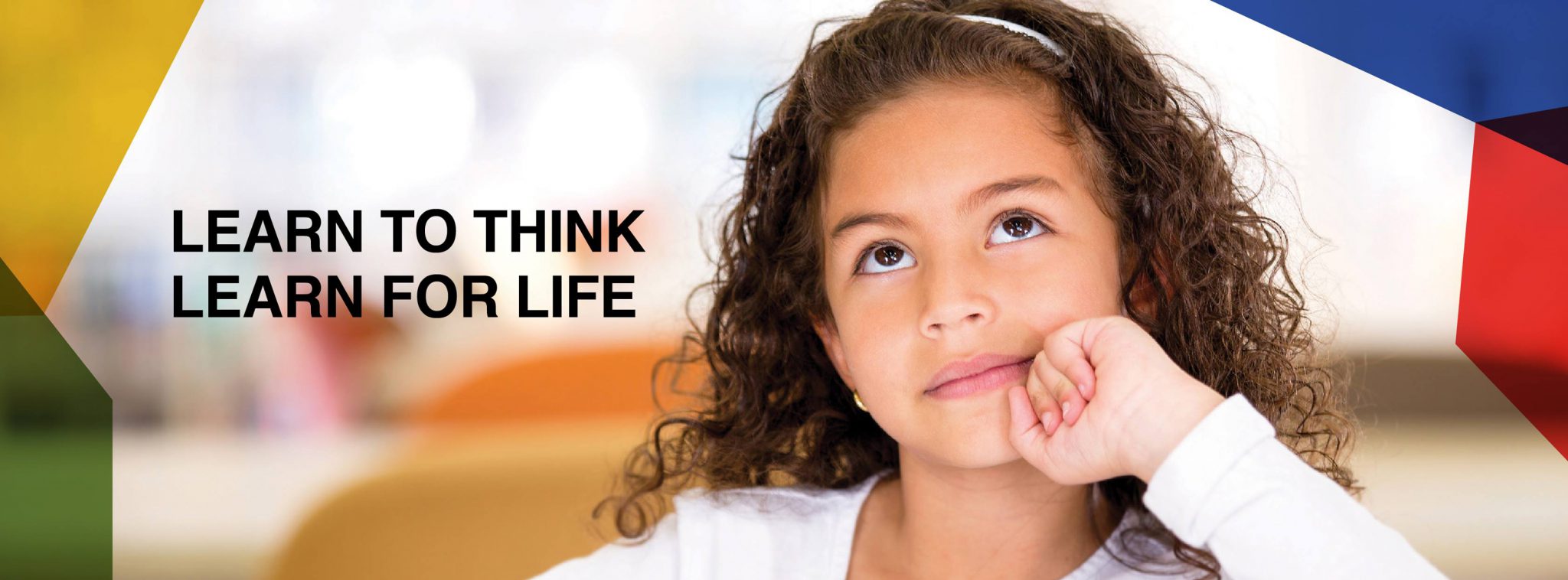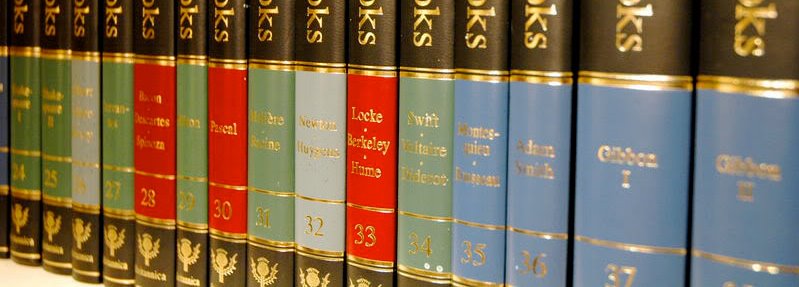Curriculum
A curriculum is any school’s course of study in which the teachers assist the students in learning to find, use, and apply knowledge. At Inter-City Baptist School, our educational aim is to produce students who are motivated to think critically and creatively from a biblical worldview and who are well-prepared to succeed in a quickly changing world. Accordingly, we perform ongoing in-depth research and continually assess our teaching methods and materials to ensure we are implementing best practices to help us achieve our educational goals.
This research and assessment has led us to materials and methods that foster high levels of student engagement; this student engagement results in a classroom product which allows our teachers to produce ongoing formative assessments; these assessments, in turn, guide the teachers in the instructional process, allowing us to successfully implement effective personalized instruction.
To support these overarching goals of student engagement and classroom instruction guided by formative assessment, Inter-City Baptist School has implemented a cognitive skills development program that spans K-12 classrooms. Every student participates in approximately three sessions per week which target specific thinking skills as well as real-world application of these skills.

Inter-City Baptist School participates in the “Advance to College” program – enabling high school juniors and seniors to complete rigorous, high-quality dual enrollment college courses while on their own high school campus.
College credits earned through Advance to College are awarded by Maranatha Baptist University.
Click any subject below to learn more

K–6th – Feuerstein’s Instrumental Enrichment
The Instrumental Enrichment program developed by Reuven Feuerstein and colleagues has been disseminated in the United States since 1978. It is currently used in more than eighty countries worldwide and is available in seventeen languages. In the United States thousands of teachers have been trained to use the program, and each year about ten thousand students benefit from it. Our teachers have undergone extensive, continued training in the use of this highly respected and effective program.
Feuerstein’s Instrumental Enrichment (FIE) is a classroom curriculum designed to enhance the cognitive functions necessary for academic learning and achievement. The fundamental assumption of the program is that intelligence is dynamic and modifiable, not static or fixed. Thus, the program seeks to correct deficiencies in fundamental thinking skills and to provide students with the concepts, skills, strategies, operations, and techniques necessary to function as independent learners. The integration of this critical thinking program has enhanced the already effective curriculum taught in K–6th grade classrooms at Inter-City Baptist School.

7–12th – Great Books Program
Inter-City Baptist School adapts the materials and methods taught by the Great Books Foundation, an independent, nonprofit educational organization whose mission is to empower readers of all ages to become more reflective and responsible thinkers. By teaching the art of civil discourse through the Shared Inquiry™ method and studying enduring works across the disciplines, our students learn how to read actively, pose fruitful questions, and listen and respond to others effectively in discussion. Our teachers lead Shared Inquiry discussion as well as a variety of classroom activities that improve students’ critical thinking, reading comprehension, vocabulary, and writing skills. As well, students have an opportunity to reflect on this process with others, allowing them to learn and apply additional valuable communication and critical thinking skills.
Having these two programs as core components of our curriculum informs and enables our teachers to be intentional about approaching and applying these critical skills at every grade level and in every subject.
English Language Arts
The writing program at Inter-City Baptist School is a K–12 comprehensive approach anchored in materials and methods adapted from the Institute for Excellence in Writing. This program “successfully equips students of all ages and levels of ability, including those with special needs and English language learners. Its methods not only build written and oral communication skills, but also improve critical thinking. By using Excellence in Writing methods across the curriculum to reinforce content area, students truly learn to write as they write to learn and are transformed from immature or even reluctant writers to competent, confident communicators. [Through utilizing these techniques, our teachers are able] to teach students with very high writing aptitude alongside those with undeveloped writing aptitude.”
The writing program at Inter-City Baptist School is bolstered by a supplementary application of the 6+1 Writing Traits materials and methods. The 6+1 Writing Traits program provides effective tools for students to learn to evaluate and improve their own writing, while developing skills for effectively critiquing others’ writing.
The English Language Arts curriculum is further developed through a 3-tiered grammar approach:
- Shurley Grammar (K–2nd)
- Jr Analytical Grammar (3–6th)
- Analytical Grammar (7–9th)
These materials result in ongoing review in the upper grades (10–12th).
All other English Language Arts materials and methods reflect an intentional approach to meeting academic standards (such as Common Core) and providing students with the essential thinking and communication skills necessary for success in life. These include, but are not limited to:
- Literature studies (representing various types and periods of literature)
- Advanced literary techniques
- Vocabulary acquisition and application
- Age-level appropriate writing of term papers
Mathematics
In our assessment of math programs, we were intent on finding a system that would be consistent with our overarching curriculum philosophy and goals. Our search for a program that is conceptually based, rather than procedurally based led us to implement Singapore Math®. At its core, the philosophy behind this method is that students will do better by learning and mastering fewer mathematical concepts but at a greater level of understanding. In a three-step learning process, students move from engagement in concrete, hands-on learning experiences to representing the mathematical concepts pictorially to solving mathematical problems abstractly by using numbers and symbols.
In the 1980s, Singapore surveyed math curriculums around the world to identify best practices and from those studies began development of its own mathematics textbooks. By the mid-90s and since then, Singapore has been consistently ranked #1 or #2 in the world by TIMMS, an international assessment for math and science among fourth and eighth graders. By the late 90s, the Singapore Math® curriculum was made available in the United States. Currently over 3,000 schools in the United States are using this proven math curriculum to enhance their students’ learning and thinking abilities. Since implementation, assessments have shown steady progress being made in our students’ math abilities.
Science
In choosing materials and methods for our science curriculum, we were guided by the educational philosophy that students learn best by doing. When actively involved with something that garners their attention, students understand the concepts more fully, retain that knowledge longer, and develop intellectual confidence in their own abilities to learn and discover. To achieve this end, we have implemented the FOSS program in the elementary school and PBIS™ in the high school, both of which emphasize learning through activity.
In grades 3-6, the Full Option Science System, FOSS, emphasizes inquiry, hands-on active learning, multisensory methods, student-to-student interaction, and discourse and reflective thinking. Rather than visiting many topics briefly, the FOSS method provides in-depth learning experiences for the students so they can do science while learning content. These long-term topical modules guide students’ learning from experience to abstractions and are correlated to their developing cognitive abilities.
Used primarily in the high school, Project-Based Inquiry Science™ introduces students to big questions and challenges that guide instruction and help students organize their learning. This method of teaching science focuses on standards-based content and uses project-based inquiry units in which students investigate like scientists would in order to understand important science content and utilize integral scientific practices.
History
At Inter-City Baptist School, we use a variety of materials throughout the grades to meet our overriding goal of having students see history as a revelation of God’s plan and providence in our world and, accordingly, understand their role in the world today. Both secular and Christian sources are utilized in attaining this goal and meeting core educational standards.
In the elementary school, the emphasis builds understanding by moving from concepts which focus on the individual’s community to the broad scope of the geographical world.
In the high school, topical understanding is deepened and biblical worldview is strengthened by honing in on particularly important time periods and places. This course of study culminates the senior year with a full year of Government and a semester of Economics as we prepare our students for the duties of citizenship.
Bible
In the elementary, our classrooms emphasize learning Bible content as well as personal application of Bible truths. Each classroom teacher conducts daily Bible lessons, emphasizing that true, saving faith must be in the heart, not just in the head.
In the high school, for over twenty years, the Lord has provided us with Bible teachers who have advanced seminary degrees (MDiv and ThM), allowing us to develop our own curricular materials. These materials are currently being sought out and implemented by other Christian schools whose educational goals are similar to our own. Our Bible curriculum follows this progression:
- 7th – Basic Christian Life Practices (i.e., prayer, Bible study, active church membership)
- 8th – Old Testament Survey
- 9th – New Testament Survey; Hermeneutics (principles of Bible interpretation)
- 10th – Book Studies (application of hermeneutics to Romans and Ephesians)
- 11th – Systematic Theology; Survey of Doctrines
- 12th – Current and Controversial Issues
These studies all culminate in a senior term paper in which the student chooses a current controversial issue to research and analyze in depth. By approaching the topic from opposing perspectives, the students utilize all of the critical and creative thinking skills they have been developing during their courses of study. Topics cross the curriculum, ranging from scientific practices to the Christian’s role in the home and influencing public policy. The term papers are guided and graded by both the Bible and English departments, evaluated for their effective application of biblical truth and English language arts standards. Our goal is for graduates from Inter-City Baptist School to reflect mature biblically guided thought in their life choices.
Computers
Computer instruction begins in the lower elementary school. All elementary classes have computer instruction twice a week with an emphasis on developing typing skills and facility with basic computer applications.
In the high school, students transition to a Bring Your Own Device, BYOD, environment in which students’ personal computing devices will be used in classes throughout the day. A basic understanding of computer operation is assumed and enhanced through everyday use of these devices to enhance classroom and individual instruction. Although we offer continued instruction in computer skills, we are transitioning to viewing computers as a tool the students use to learn rather than as a course the students take.
Specific computer instruction is continued through additional required courses (including development of computer application skills and application of robotics). An advanced computers elective is also available for students who wish to pursue this course of study further.
Foreign Language
Graduates of Inter-City Baptist School are required to have two years of foreign language study. We have chosen to offer Spanish in our foreign language classes, considering the facts that Spanish is the second most common language in the country (spoken by approximately 35 million people) and that over the last 20 years, according to the 2010 Census, Detroit’s Hispanic population has grown by 70 percent.
Our Spanish classes in grades 10-11 focus on acquiring a basic foundation in the language, with an ultimate emphasis on practical communication. The Spanish education is enhanced through the use of computer-based materials, providing students with additional assistance for individual growth and improvement.
An elective third year of Spanish is also offered for students interested in pursuing this course of study further.
Physical Education
Physical skills and general fitness are stressed not only in gym classes, but also in extra-curricular sports with their subsequent lessons in loyalty and sportsmanship.
K-6 students have P.E. classes two times weekly. These classes are taught by non-classroom instructors specifically trained in physical education.
7-9 grade students have P.E. classes three times weekly. Students develop skills in a variety of physical activities, participate in training, tests, and awards base on the President’s Council on Fitness, Sports and Nutrition, and receive training leading to CPR certification.
Electives
- Home Economics
- Family Living
- Advanced Chemistry
- Advanced Biology
- Physics
- Calculus
- Advanced Computers
- Yearbook
1. Adapted from: Ben-Hur, M. (2014). School of Education, Johns Hopkins University, Feuerstein’s Instrumental Enrichment: Better Learning for Better Students. [online] Education.jhu.edu. [Accessed 24 Jun. 2014].
2. Adapted from: http://www.greatbooks.org/about/. [Accessed 24 Jun. 2014].
3. http://iew.com/intro-iew/history-mission-people/history. [Accessed 24 Jun. 2014].